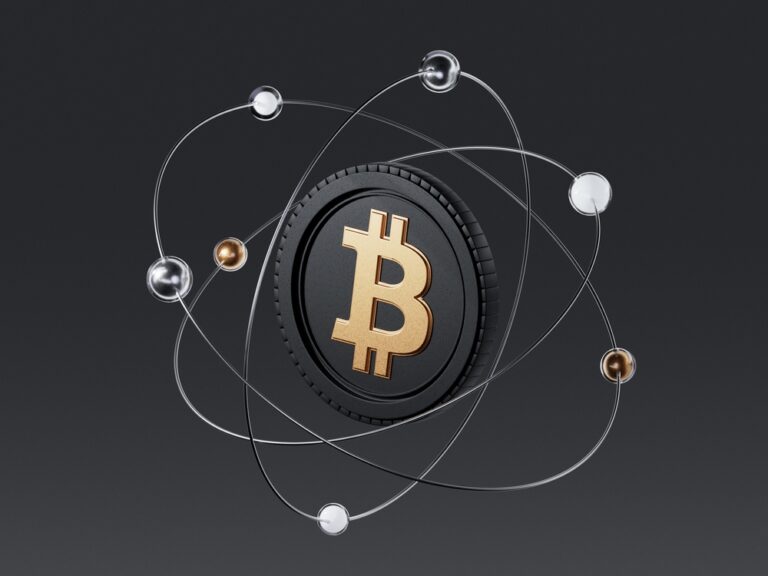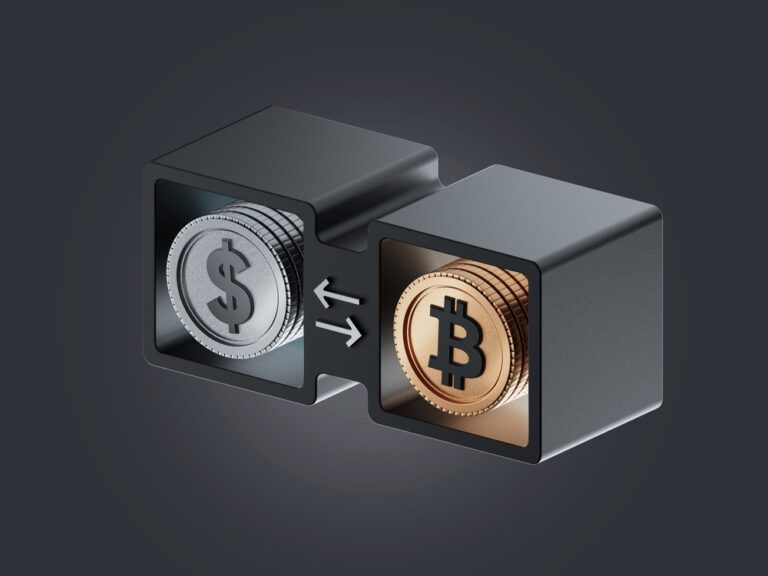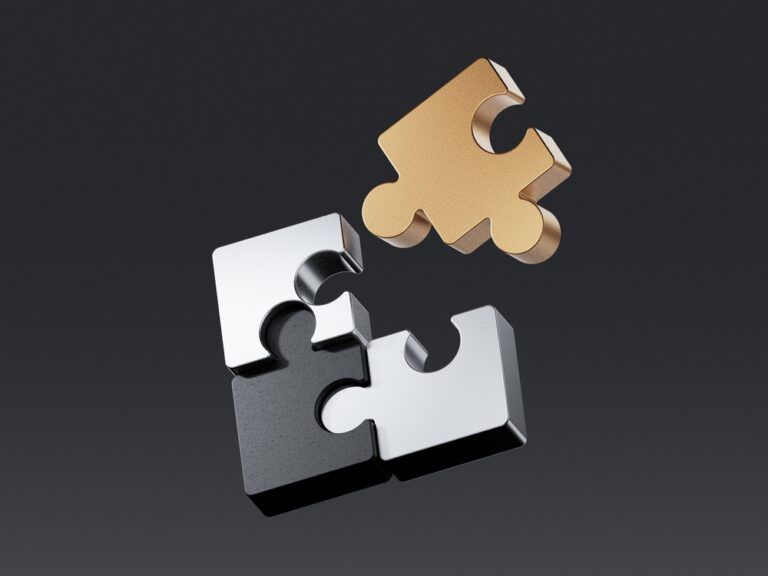WELCOME TO SUNLINK
Leading Web3 Blockchain Metaverse DeFi Consulting Solutions |
– Empowering Digital Transformation
ABOUT SUNLINK

Over 17 Years of Industry Expertise
Trusted by Fortune 500 Companies and Leading Startups
DApp and Web3 Solutions
Delivered 500+ Successful Projects
Asset Tokenization
Tailored Blockchain Development
Comprehensive Web3.0 Solutions and Consulting
Enterprise Blockchain Integration
Cryptocurrency and Token Creation
Unlock the Power of Web3.0
with Sunlink
Discover the Future with Sunlink ”Your Partner in Web3.0 Development for Real Estate and Crowdfunding Services”
- It can take weeks or even months to find a buyer or seller.
- Sales prices may fluctuate, creating uncertainty.
- Finalizing transactions can take several weeks.
- The involvement of multiple service providers often adds complexity.The involvement of multiple service providers often adds complexity.

Blockchain Services
Partner with Sunlink Today

Web3.0 Consulting Services

Go-To-Market Strategy
Launching a Web3.0 project requires a tailored approach. Sunlink provides a comprehensive goto-market strategy that helps your business leverage every opportunity in the decentralized economy. Our strategic approach focuses on driving both top-line and bottom-line growth, ensuring you achieve sustainable success in the Web3.0 space.

Transition from Web2.0 to Web3.0
Moving from Web2.0 to Web3.0 can be a complex and challenging process. Sunlink’s consulting services ensure a smooth transition, allowing your business to fully harness the potential of decentralized technologies without disrupting existing operations. We handle everything from strategic planning to technology integration, ensuring your business remains competitive in the new digital landscape.

Digital Assets & Blockchain
Unlock the power of digital assets with Sunlink’s consulting services. From tokenization to stablecoins and smart contracts, we help businesses explore new opportunities for transaction efficiency, security, and transparency. Our expertise in digital asset management enables your business to capitalize on the evolving digital economy

Web3.0 Game Consulting Services
The gaming industry is at the forefront of Web3.0 innovation. With deep expertise in game development, Sunlink helps you build decentralized gaming platforms that offer unique, immersive experiences powered by blockchain technology. We ensure your gaming projects deliver exceptional user engagement and seamless integration with the metaverse.

NFT Strategy Consulting
NFTs are transforming industries from art to gaming and beyond. Sunlink offers comprehensive NFT strategy consulting, guiding you through every step of the process from conceptualization to execution. Our services include use case design, monetization strategies, tokenization, and technology recommendations, ensuring the success of your NFT initiatives.

Metaverse Strategy Consulting
The metaverse represents the next phase of digital interaction, and Sunlink is your guide. Our metaverse consulting services encompass strategy development, use case identification, revenue modeling, and NFT integration. We provide the tools and expertise to help your business thrive in this emerging digital frontier.

Crowdfunding Strategy with Web3.0
Decentralized crowdfunding offers unparalleled opportunities for raising capital. Sunlink provides expert guidance in utilizing Web3.0 technologies for your crowdfunding campaigns, ensuring a secure, transparent, and successful fundraising effort. Whether launching a new project or expanding an existing one, our solutions are designed to help you reach a global audience.

Wallet Management with Web3.0
At Sunlink, we don’t just offer standard Web3.0 solutions; we focus on creating exceptional experiences. Our wallet management solutions are designed around the principle of “Your customer is king”, ensuring that your clients have a seamless, secure, and world-class experience. We tailor each wallet management solution to meet the unique needs of your business, making asset management and airdrops easier and more efficient for your users.
What is Tokenized Real Estate?

The Ethereum blockchain’s ERC-721 tokens are particularly well-suited for real estate tokenization. These non-fungible tokens (NFTs) provide a standardized, secure method for dividing assets into smaller, tradeable units. This framework offers buyers and property owners a seamless and transparent experience, reducing the complexity of real estate transactions.
The Benefits of Asset Tokenization
Fractional Ownership
By dividing real estate assets into smaller, tokenized units, property ownership becomes more accessible to a broader range of investors. This lowers the barrier to entry and provides a more flexible approach to real estate investments.
Cost Reduction
By enabling direct transactions between buyers and sellers, tokenization reduces the number of middlemen required for a deal, which significantly lowers transaction fees.
Increased Liquidity
Traditionally, real estate is a relatively illiquid asset, but tokenization allows for easier buying and selling of property shares. This increased liquidity makes the real estate market more dynamic and efficient.
Transparency and Security
The immutable nature of blockchain ensures that all transactions are recorded in a transparent, tamper-proof ledger. This increases trust among parties and minimizes the risk of fraud.
Efficiency through Smart Contracts
Tokenization leverages smart contracts to automate key aspects of transactions, such as payments and transfer of ownership. This not only reduces the time required to close a deal but also ensures greater transparency and security by eliminating the need for intermediaries.

HOW DOES Asset Tokenization WORKS

The Future of Asset Tokenization
real estate, together.
Partner with Sunlink™ today and step into the future of real estate and crowdfunding in the Web3.0 era.

The Role of Blockchain in Asset Tokenization
At the core of Asset Tokenization is blockchain technology. Originally developed for cryptocurrencies like Bitcoin and Ethereum, blockchain serves as a decentralized, immutable ledger that ensures secure and transparent transaction records. In the context of real estate, blockchain platforms are used to create digital representations of properties, which are then divided into smaller units known as tokens.
These tokens represent fractional ownership of the property, allowing multiple investors to hold shares in real estate. This approach democratizes access to property investment by lowering entry barriers, making it easier to buy, sell, and trade property shares on blockchain-based marketplaces. Blockchain’s secure, tamper-proof system ensures that every transaction is accurately recorded and easily traceable, providing much-needed transparency in high-value real estate transactions.
By eliminating intermediaries like brokers and agents, blockchain also reduces transaction costs and expedites the transfer of ownership. This results in greater liquidity and flexibility for investors, as real estate can be traded more quickly and efficiently.

Security Protocols in Asset Tokenization
While blockchain and smart contracts provide the foundation for tokenized real estate, securing these transactions from fraud and unauthorized access is paramount. The decentralized nature of blockchain already offers strong protection against data tampering, but additional layers of security are essential for safeguarding tokenized assets.
Advanced encryption techniques, multi-factor authentication (MFA), and biometric verification methods like fingerprint recognition are commonly used to protect tokenized real estate platforms. These security protocols ensure that both the assets and users’ personal information remain safe from cyber threats.
Encryption secures data by making it accessible only to authorized individuals, while multi-factor authentication adds an extra layer of identity verification. Together with blockchain’s inherent transparency and immutability, these security measures create a highly secure environment for real estate transactions, protecting investors and asset owners alike.

The Role of Smart Contracts in Asset Tokenization
Smart contracts are integral to the success of Asset Tokenization. These self-executing contracts are digital agreements programmed to automatically execute the terms of a transaction once specific conditions are met. In the case of tokenized real estate, smart contracts automate processes such as the transfer of ownership upon payment, streamlining the transaction process and making it more efficient.
For instance, once a buyer transfers the required funds, the smart contract instantly triggers the transfer of the real estate token(s) to the buyer’ digital wallet. This eliminates the need for manual intervention, reduces errors, and ensures that the transaction is executed according to the agreed terms.
Smart contracts also foster greater trust between buyers and sellers, as the contract terms are transparent and immutable, reducing the likelihood of disputes. By automating critical steps in the buying and selling process, they help speed up transactions while maintaining security and transparency.

Blockchains Used for Asset Tokenization

Binance Smart Chain
Offering faster transaction speeds and lower fees than Ethereum, BSC is a cost-effective option for tokenization. Its compatibility with Ethereum makes it easy for developers to migrate projects to the platform.

Tezos
Known for its energy-efficient proof-of-stake (PoS) consensus mechanism, Tezos offers scalability and flexibility for tokenization projects. Its self-amending blockchain feature makes it a stable platform for long-term projects.

Ethereum
One of the earliest and most established platforms for tokenization, Ethereum is known for its robust support of smart contracts and token standards like ERC-721 (non-fungible tokens) and ERC-20 (fungible tokens). Its large developer community and broad adoption make it a preferred choice for tokenizing real estate assets.


Polkadot
Polkadot’s multi-chain architecture enables interoperability between different blockchains, making it an excellent choice for projects that require cross-chain communication. Its ability to process transactions in parallel also enhances scalability.

Solana
Known for its high transaction speeds and low fees, Solana has gained popularity in tokenization projects. Its capacity to handle large volumes of transactions makes it ideal for scalable Asset Tokenization initiatives.
Choosing the Right Blockchain for Asset Tokenization
Selecting the best blockchain platform for a real estate tokenization project depends on several factors, including the project’s objectives, regulatory considerations, and technological requirements. Ethereum, due to its proven reliability and developer ecosystem, remains a popular choice for many projects. However, platforms like Solana, Tezos, and Polkadot provide distinct advantages, particularly in terms of scalability, transaction speed, and cost-efficiency.
Ultimately, the choice of blockchain depends on the specific needs of the project. Factors such as security, fees, transaction speeds, and interoperability must be considered to ensure the platform aligns with the goals of the real estate tokenization initiative.
Benefits of Asset Tokenization
MORE CASH FLOW
ACCESSIBILITY AROUND THE WORLD
MORE OPENNESS
COST EFFECTIVE
STREAMLINED COMPLIANCE
24/7 MARKET

Increased Cash Flow and Liquidity
One of the most appealing aspects of real estate tokenization is the ability to unlock liquidity in traditionally illiquid assets. By tokenizing properties, ownership can be divided into fractional shares, allowing individuals to own portions of a building or property. This flexibility frees up capital that would otherwise be tied up in assets that are difficult to sell, providing faster access to funds for both buyers and sellers.
For property owners looking to quickly liquidate or sell their assets, tokenization offers a streamlined process that facilitates quicker transactions. Investors also benefit from greater liquidity, as they can buy and sell fractional ownership shares without waiting for the entire property to change hands.

Broader Investment Opportunities
Real estate tokenization opens up new possibilities for investors by enabling fractional ownership in high-value properties. Traditionally, access to prime real estate assets has been limited to high-net-worth individuals or institutions. With tokenization, investors can purchase smaller portions of valuable properties, expanding their investment portfolio across a diverse range of assets.
This model also allows property owners to share ownership of significant assets, providing investors with more options to diversify their investments and participate in lucrative real estate opportunities they otherwise might not have been able to afford.

Global Accessibility
Tokenization makes the real estate market accessible to investors around the world. Buyers no longer need to be geographically tied to the property location, allowing them to invest in real estate assets from anywhere. This global reach broadens the investment pool and enhances market participation, creating new opportunities for international investors and sellers. For real estate companies and developers, this means a wider audience and potential buyers for their properties, driving demand and expanding the market.

Enhanced Transparency
Real estate transactions often lack transparency, with ownership rights and transaction details difficult to trace. Tokenization changes this by recording every transaction and ownership change on a public blockchain, providing full transparency to all participants. This level of transparency benefits everyone involved ”real estate companies, investors, and property owners” by making it clear who owns what, how much each share is worth, and ensuring the integrity of transactions. This increased transparency builds trust and confidence in the real estate market, reducing the risk of fraud or disputes.

Cost-Effective Transactions
Traditional real estate deals can be expensive, with significant fees associated with brokers, legal documentation, and middlemen. By tokenizing real estate assets, many of these costs are reduced or eliminated, making transactions more cost-effective. Buyers and sellers can trade property shares directly on blockchain platforms without the need for multiple intermediaries, resulting in lower transaction costs. Additionally, by increasing liquidity in the real estate market, tokenized assets provide owners with more options to sell or trade properties, further contributing to cost savings.

24/7 Market Access
Unlike traditional real estate markets that are restricted by business hours and geographic time zones, tokenized real estate assets can be traded at any time, from anywhere. Blockchain-based platforms are open 24/7, allowing investors to buy, sell, or trade assets whenever it’s convenient for them. This constant access gives investors and real estate firms greater flexibility and control over their investments.

Streamlined Compliance
Real estate tokenization can simplify regulatory compliance by ensuring that all transactions are transparent and follow the necessary legal frameworks. The use of blockchain technology automates the recording of transactions, helping real estate companies, investors, and property owners ensure that deals comply with regional and international regulations. This automation reduces the burden of manual compliance checks and mitigates the risk of non-compliance.
Challenges of Asset Tokenization
Regulatory Uncertainty
One of the most significant hurdles for real estate tokenization is the lack of clear regulatory frameworks. Laws governing tokenized assets vary widely between jurisdictions, and the absence of standardized regulations can create legal ambiguity for investors and property owners. To protect investors and clarify ownership rights, governments and regulatory bodies must develop clear rules and guidelines for tokenized real estate transactions. Until these regulations are fully established, uncertainty will remain a challenge for widespread adoption.
Building Trust and Communication
Tokenizing real estate is a new concept, and for it to gain widespread acceptance, clear communication and trust-building are essential. Potential investors need to understand how tokenization works, how token values are determined, and what their ownership rights entail. Moreover, confidence in the market is crucial, especially in regions where legal frameworks are still evolving. Real estate companies must effectively communicate the benefits and risks of tokenization to foster investor confidence and build trust in the market.
Governance Models
Effective governance models are crucial for overseeing and managing tokenized real estate projects. Ensuring proper governance helps prevent disputes, maintain compliance with regulations, and ensure the long-term success of tokenized assets. Without robust governance structures in place, tokenized projects risk operational issues that could undermine their legitimacy and effectiveness.
Liquidity Issues
Real estate, by its nature, is a relatively illiquid asset class. While tokenization aims to address liquidity concerns by enabling fractional ownership, it does not fully solve the issue. Tokenized real estate can still face liquidity challenges if there isn’t a sufficient market for buying and selling these tokens. Solving these liquidity issues is essential to ensure investors can trade their assets as easily as they would with more traditional investment classes.
Security Concerns
Security is a critical factor in the tokenization of real estate. Ensuring the safety of digital ownership rights and protecting tokenized assets from fraud or cyberattacks are significant challenges that must be addressed. Blockchain technology itself offers a high level of security due to its decentralized and tamper-resistant nature, but additional safeguards such as encryption and multi-factor authentication are necessary to protect tokenized transactions. Establishing strong security protocols will be essential for gaining the trust of investors and property owners in this new market.
The potential of real estate tokenization is enormous, but realizing its full benefits requires overcoming several key challenges. Clear regulations, improved liquidity, strong communication, robust security measures, and effective governance models are all essential for the widespread adoption and success of tokenized real estate. By addressing these challenges, the industry can unlock new opportunities for investors, property owners, and real estate professionals, creating a more dynamic and accessible real estate market.
Contact uS













